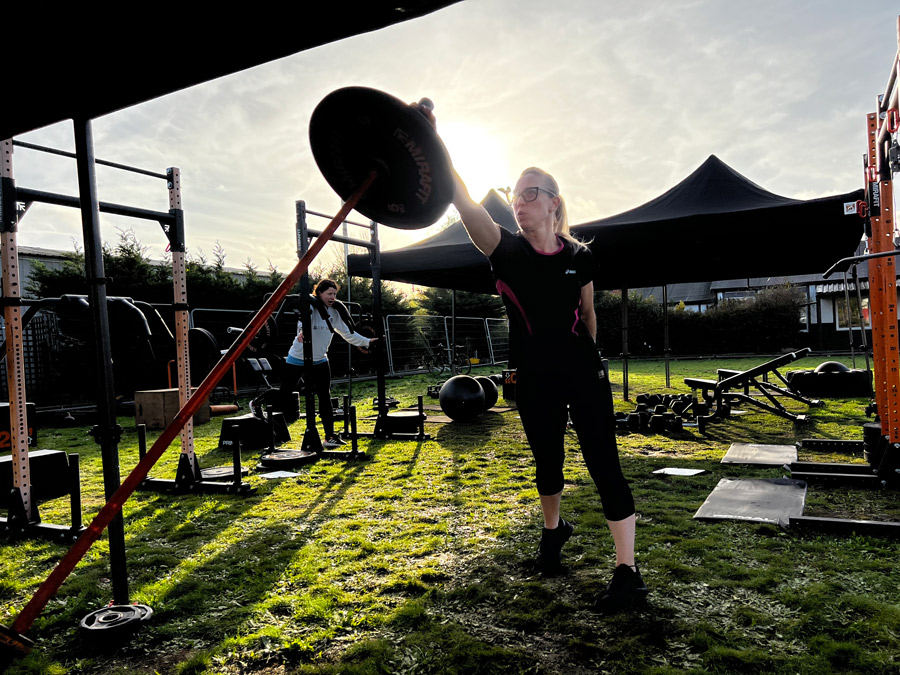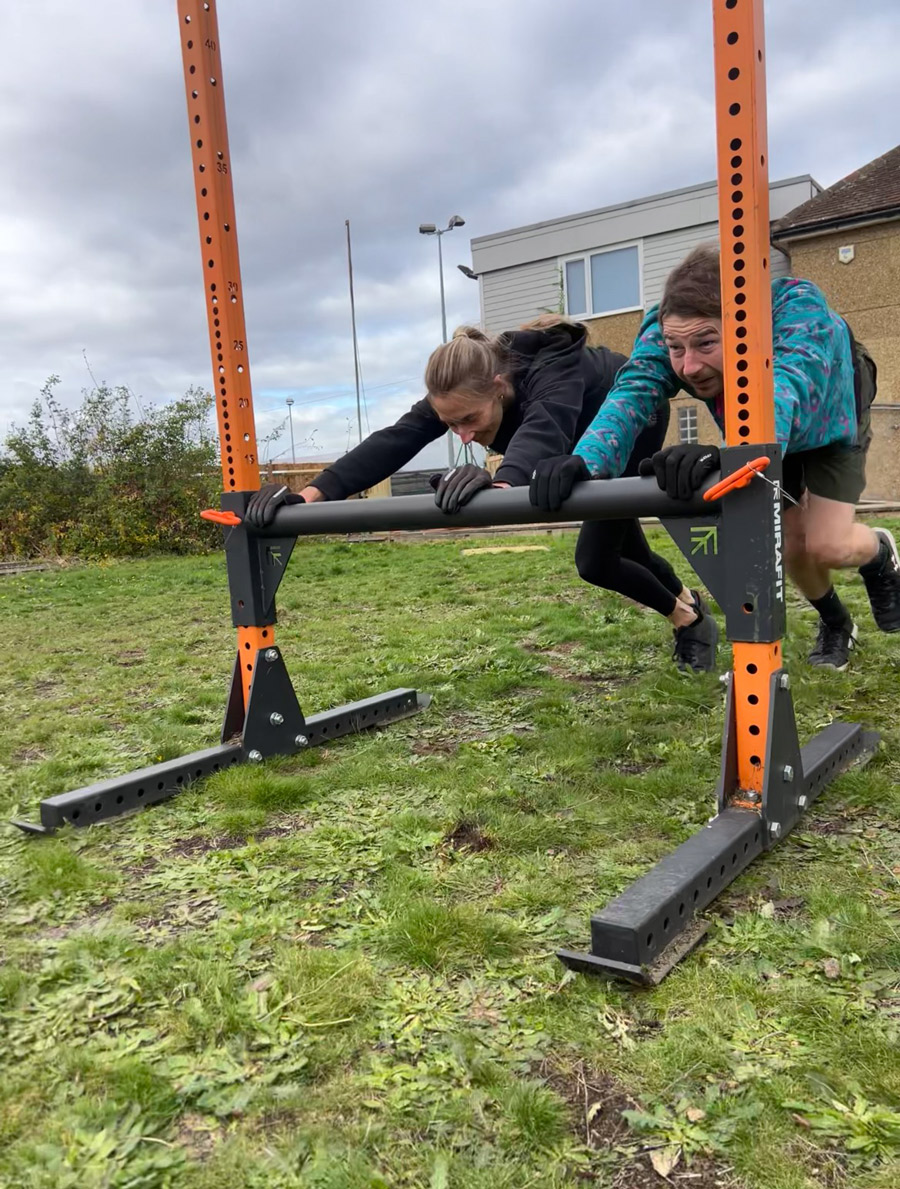Ex-marine whose Middlesex Master's launched him on a mission against loneliness
24 November 2025
/7x0:1125x760/prod01/channel_3/media/middlesex-university/news-section-images/2025/Nick-Bender-Walk-and-Talk-CIC.jpg)
Former US marine Nick Bender started his social enterprise Walk and Talk during his Sports Science (Special Populations) Master's at MDX in 2019, with a small grant from Waltham Forest Council's Walk and Cycle fund
For the past three years, in parallel with Walk and Talk, he has also run outdoor gym business Yoked Fitness which now has a team of four coaches.
Nick says his entrepreneurial journey “definitely comes from my research at MDX,” as he set about addressing the question of whether group exercise can reduce loneliness.
“There was a job out there with this MSc but it was pretty niche - I needed to build my own job to solve this problem."

Both feature socialising alongside physical exertion - Yoked informally, Walk and Talk in a structured way - building on Nick’s research and three earlier studies showing combining that the two activities is an effective guard against loneliness.
“The number one healthy habit is to develop socially meaningful connections for people. This is why we do it. The second healthiest thing you can do is exercise, and particularly strength train."
Nick Bender, MDX graduate
The model for Yoked Fitness is a circuit you go through at your own pace. “I try to connect people to each other,” Nick says. “A large group training environment is a social environment, people help each other. You ask someone next to you [for help] and it creates a social opening for conversation."
Nick’s wider vision is to move gyms away from a place for preening one-upmanship, “gorillas beating their chests,” into a social space; and to show “you can solve a social problem, loneliness, outside the NHS, outside grants, and make money doing this. I wish leisure centres would steal my business model”.
Yoked Fitness with its cow’s head logo “is the whole expression of who I am,” says Nick, reflecting different connotations of the word yoke in the worlds of physiology, philosophy and sport and his rural Pennsylvania background. It had dawned on him delivering Walk & Talk that it wasn’t just older, vulnerable people who needed help with training: it was everybody.

The ‘hero story,’ from making £900 a month on leaving university to a business turning over almost 18 times that undersells the grind, Nick says. This included a hugely challenging summer where he had 30 days to quit his bowling green location and find another venue, just after Nick’s partner had given birth.
Nick and his colleagues secured another bowling green, bigger, better connected and for lower rent 1.2 miles away, but took a temporary financial hit. “It’s like being a duck - underneath the water you're pedalling at full speed, but above you're really chilled,” Nick says.
In 2023, he hired a business coach and he has received mentorship since then. He aspires to maintain a “white belt mentality,” in martial arts terms - always humble and asking questions – while simultaneously seeing dogged self-belief and “a lot of delusional confidence” as crucial to the entrepreneur. “You have to go into that hole in your mind and be stubborn to create something original."
The way the Special Populations Master’s was designed and taught at Middlesex, where he was lectured by Dr Anne Elliott, was “very entrepreneurial”, Nick adds – with a different student chosen each week as presenter for that module, making a 10 minute presentation then fielding 10 minutes of questions. “There was much more excitement in the fact I needed to learn to present and then teach the module… You study all week long to make sure the presentation was very good."
He added: “You should be taking ownership of your education. To educate yourself at MDX is superior to being educated at MDX."
Nick is still chewing over the results of his Master’s research and its implications for his business and further steps towards promoting healthier living. Not enough people in sports science or medicine understand that “the chat at the bus stop has a value. It's the best thing you can do - address feeling disconnected from the world”.
Crucial ingredients for success, he suggests, include to “make sure the physical exercise you are providing is high quality. How much money are you budgeting to create community? Do you have social icebreakers that aren't awkward?”
“More research is needed in this field,” he adds, “because the world is getting lonelier."
Read more about studying Sport and Exercise Nutrition MSc at Middlesex


/8x0:1033x697/prod01/channel_3/media/middlesex-university/news-section-images/2026/Andy-Reed.jpg)
/8x0:1033x697/prod01/channel_3/media/middlesex-university/news-section-images/2025/LSID-LAUNCH-55.jpg)
/690x0:4783x2784/prod01/channel_3/media/Students-on-campus-(1).jpg)